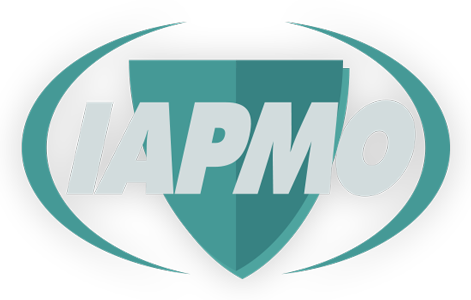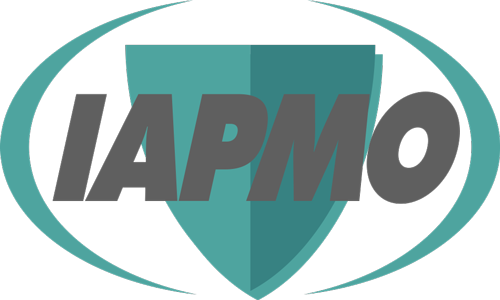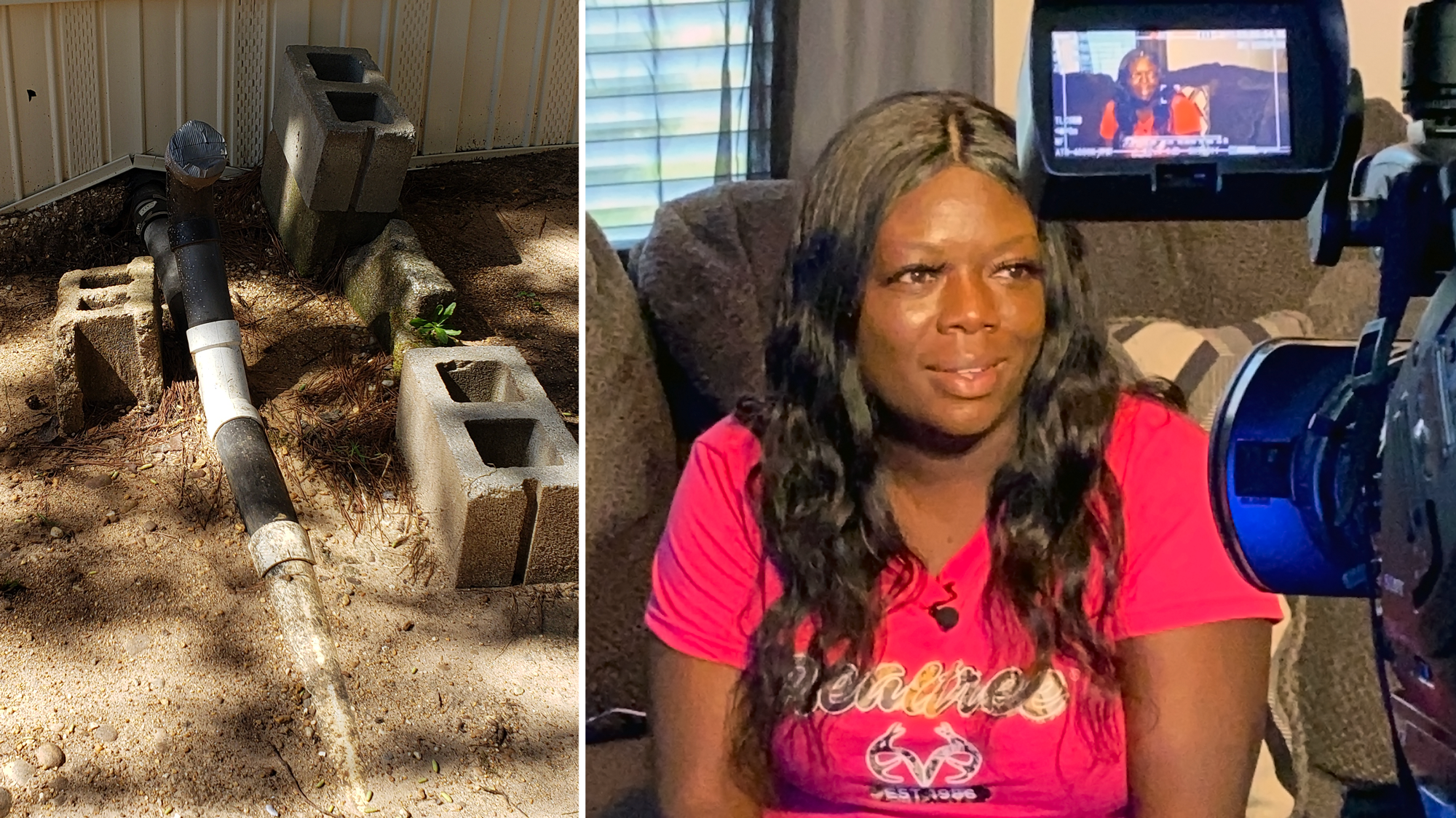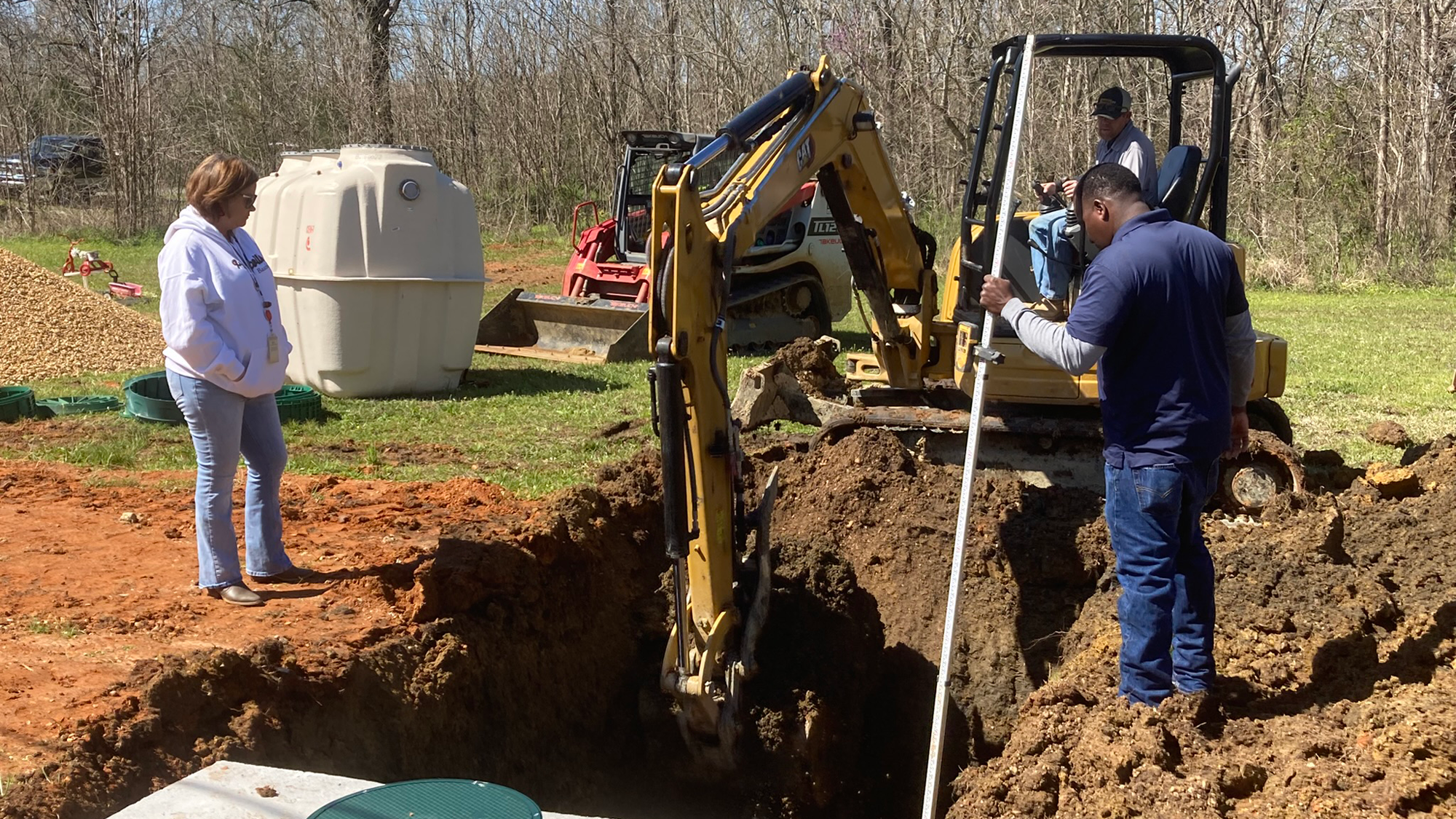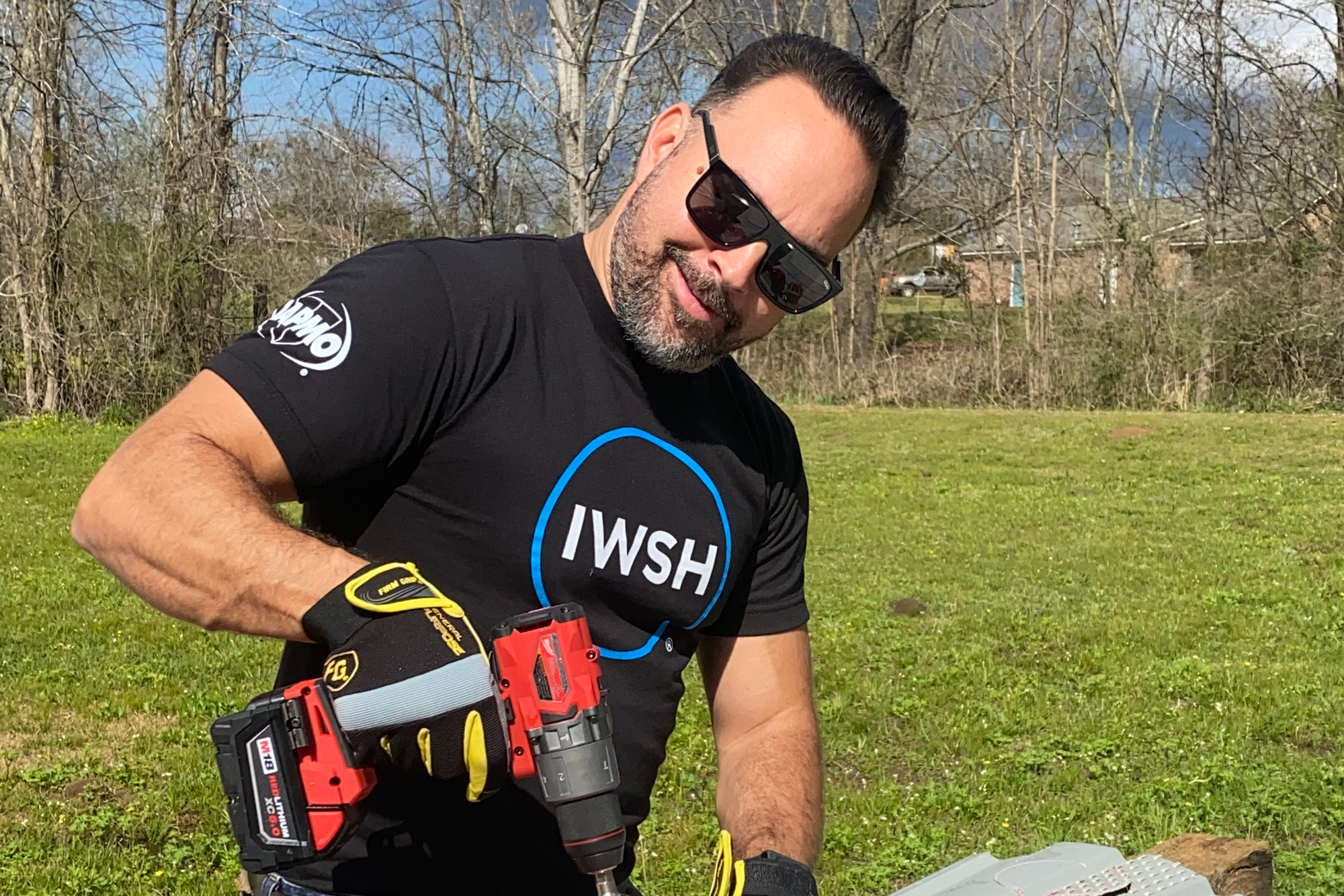Most Americans don’t give clean water a second thought. Turn on the tap, and it’s there.
It’s the same with sanitation. Flush the toilet, and we’re finished. Away goes our wastewater, to someplace where it’s efficiently and effectively processed. No problem.
But for the more than 2.2 million Americans with no or limited access to clean water and safe sanitation, it’s not so easy. These are individuals living in underserved communities without plumbing pipes or plumbing infrastructure or who have inadequate systems. Among the most problematic areas are parts of Hawaii, Alaska, Alabama, Appalachia, Central Valley (California), and the Navajo Nation, but the issue exists in every state.
IAPMO provides free counsel to communities seeking to solve water and sanitation issues in underserved communities. Fill out our form to apply.
The Story of Lowndes County, Alabama and Faulty Sanitation
Denese Rudolph lives in a rural and impoverished section of Lowndes County, Alabama, where the wastewater from a faulty septic tank is unable to seep through the hard clay and instead bubbles up to the surface of her lawn. It’s been a way of life for as long as she can remember.
“It’s just a bad thing to deal with, terrible thing to deal with,” she said in an interview with a Montgomery, Alabama TV station recently. “(And) it also has that smell to it.”
Fortunately, Rudolph is among the residents getting some relief thanks to the advocacy of LIXIL, the septic solution from FujiClean USA, and the International Water, Sanitation and Hygiene Foundation (IWSH). In collaboration with the Black Belt Unincorporated Wastewater Program (BBUWP), LIXIL, FujiClean USA, and IWSH – the charitable arm of IAPMO — recently arranged to provide plumbing repairs and upgrades for Ms. Rudolph and four of her neighbors.
Decentralized wastewater systems and other “off-the-grid” innovations can provide a long-term and cost-effective solution for communities that are underserved by adequate water and waste systems. The EPA notes that broader adoption of these systems can help communities avoid significant capital costs, reduce operation and maintenance costs, and promote business and job opportunities.
The effort will take more than volunteering, but thanks to the fortunate confluence of two key initiatives, the U.S. has the ability, at last, to virtually eliminate these and other issues that occur with many decentralized plumbing and wastewater systems throughout the nation.
Scaling Decentralized Plumbing Solutions
Decentralized wastewater treatment systems serve more than 60 million Americans, and about one-third of all new development is served by one.
These systems treat and dispose of approximately 4 billion gallons of wastewater each day, usually from houses and businesses located in suburban and rural locations not served by a centralized public sewer system.
However, these systems face challenges in different environmental conditions, such as the clay-like soil in Alabama.
The first of two key initiatives to improve the situation is the 2021 Infrastructure Investment and Jobs Act, which includes funding for this once-in-a-lifetime opportunity to build a modern hygiene infrastructure for all Americans. The U.S. Environmental Protection Agency (EPA) notes that the $50 billion included in the infrastructure bill is “the single largest investment in water that the federal government has ever made.”
IAPMO urges Congress and the state governments charged with using the funds to allocate adequate resources to install safe and effective decentralized wastewater and plumbing systems – like those implemented in Lowndes County — in communities without proper access to sanitation.
Understanding the Public Health Impact of Poor Sanitation
The second key initiative is a study from the DigDeep Decentralized Waste Cohort Partnership, a public/private alliance.
DigDeep assembled numerous grassroots partners to consider, develop and implement alternative wastewater solutions in communities across the U.S. That included conducting a thorough economic impact study to illustrate the societal benefit of investing in decentralized plumbing and wastewater solutions. IAPMO has been pleased to serve as chair of the Technical Advisory Board for the partnership and contribute funding to various DigDeep projects and research studies.
The bottom line – quite literally – is that investing in safe, effective, and efficient decentralized plumbing and wastewater treatment systems is not just the right thing to do for the more than 2.2 million Americans suffering from inadequate water and wastewater systems. It yields significant environmental impact by reducing the release of untreated sewage into the ground and waterways; and dramatically lowers the cost of federal healthcare spending (Medicare and Medicaid, primarily) for medical treatment of individuals sickened by unsafe water.
At IAPMO and our non-profit arm, IWSH, we have never been more confident that America’s water and wastewater issues may soon be overcome. We are continuing to do our part to invest in solutions that expand access to water and sanitation systems that are adequate and effective – and encourage governments, businesses, non-profits, and other organizations to do likewise.
